2,4-DIAMINOAZOBENZENE
- CAS NO.:495-54-5
- Empirical Formula: C12H12N4
- Molecular Weight: 212.25
- MDL number: MFCD00044529
- EINECS: 207-803-7
- SAFETY DATA SHEET (SDS)
- Update Date: 2024-12-18 13:37:16
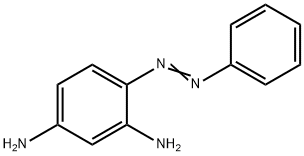
What is 2,4-DIAMINOAZOBENZENE?
The Uses of 2,4-DIAMINOAZOBENZENE
Dyeing silk and cotton. Biological stain.
Preparation
aniline diazotization, and Benzene-1,3-diamine coupling.
Definition
ChEBI: Chrysoidine free base is a member of azobenzenes.
Flammability and Explosibility
Not classified
Properties and Applications
dark yellow orange. Melting point is 118 ~ 118.5 ℃. Soluble in water for yellow orange, soluble in ethanol and Cellosolve, slightly soluble in acetone, insoluble in benzene. In concentrated sulfuric acid to yellow, to orange after diluted; In nitric acid for orange solution.
| Standard | Light Fastness | Heat-resistant(℃) | water | Sodium Carbonate(5%) | Hydrochloric acid(5%) | |
| Melting point | Stable | |||||
| ISO | Poor | 118 ~ 118.5 |
90≥194
Sublimation |
Poor | Poor | Dissolve |
Properties of 2,4-DIAMINOAZOBENZENE
| Melting point: | 117~123℃ |
| Boiling point: | 342.09°C (rough estimate) |
| Density | 1.1390 |
| vapor pressure | 0Pa at 25℃ |
| refractive index | 1.5000 (estimate) |
| solubility | Acetonitrile (Slightly), Chloroform (Slightly), Methanol (Slightly) |
| form | Solid |
| pka | 3.11±0.10(Predicted) |
| color | Red to Very Dark Brown |
| Water Solubility | 348.393mg/L at 30℃ |
| CAS DataBase Reference | 495-54-5 |
| EPA Substance Registry System | C.I. Solvent Orange 3 (495-54-5) |
Safety information for 2,4-DIAMINOAZOBENZENE
| Signal word | Danger |
| Pictogram(s) |
 Exclamation Mark Irritant GHS07  Health Hazard GHS08  Environment GHS09 |
| GHS Hazard Statements |
H302:Acute toxicity,oral H315:Skin corrosion/irritation H340:Germ cell mutagenicity H410:Hazardous to the aquatic environment, long-term hazard |
| Precautionary Statement Codes |
P201:Obtain special instructions before use. P202:Do not handle until all safety precautions have been read and understood. P264:Wash hands thoroughly after handling. P264:Wash skin thouroughly after handling. P270:Do not eat, drink or smoke when using this product. P273:Avoid release to the environment. P280:Wear protective gloves/protective clothing/eye protection/face protection. P281:Use personal protective equipment as required. P321:Specific treatment (see … on this label). P330:Rinse mouth. P362:Take off contaminated clothing and wash before reuse. P391:Collect spillage. Hazardous to the aquatic environment P301+P312:IF SWALLOWED: call a POISON CENTER or doctor/physician IF you feel unwell. P302+P352:IF ON SKIN: wash with plenty of soap and water. P308+P313:IF exposed or concerned: Get medical advice/attention. P332+P313:IF SKIN irritation occurs: Get medical advice/attention. P405:Store locked up. P501:Dispose of contents/container to..… |
Computed Descriptors for 2,4-DIAMINOAZOBENZENE
2,4-DIAMINOAZOBENZENE manufacturer
New Products
4,4-Difluoropiperidine hydrochloride tert-butyl 9-methoxy-3-azaspiro[5.5]undecane-3-carboxylate Indole Methyl Resin N-Isopropylurea N,N-Dicyclohexylcarbodiimide(DCC) MELDRUMS ACID 5-METHYLISOXAZOLE-4-CARBOXYLIC ACID Magnessium Bis glycinate Zinc ascorbate 1-bromo-2-butyne 2-acetamidophenol 9(10H)-anthracenone Erythrosin B, 4-Piperidinopiperidine 2-((4-morpholinophenylamino) (methylthio) methylene) malononitrile 2,4-dihydroxybenzaldehyde 3-(4-morpholinophenylamino)-5-amino-1H-pyrazole-4-carbonitrile Methyl 2-methylquinoline-6-carboxylate 2,6-dichloro-4-nitropyridine 4-Bromo-2-chlorobenzonitrile 2-(benzylamino)acetic acid hydrochloride 4-(tert-Butoxycarbonylamino)but- 2-ynoic acid 3,4-dihydro-2H-benzo[b][1,4]dioxepine 1-Phenyl-1-cycloprppanecarboxylicacidRelated products of tetrahydrofuran
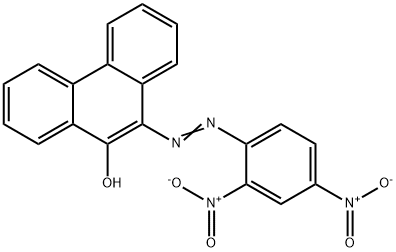
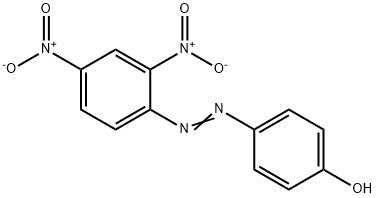
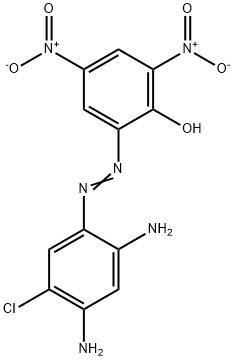
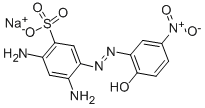
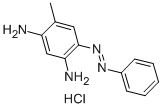

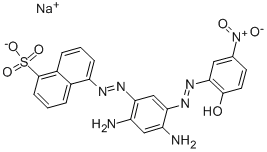

You may like
-
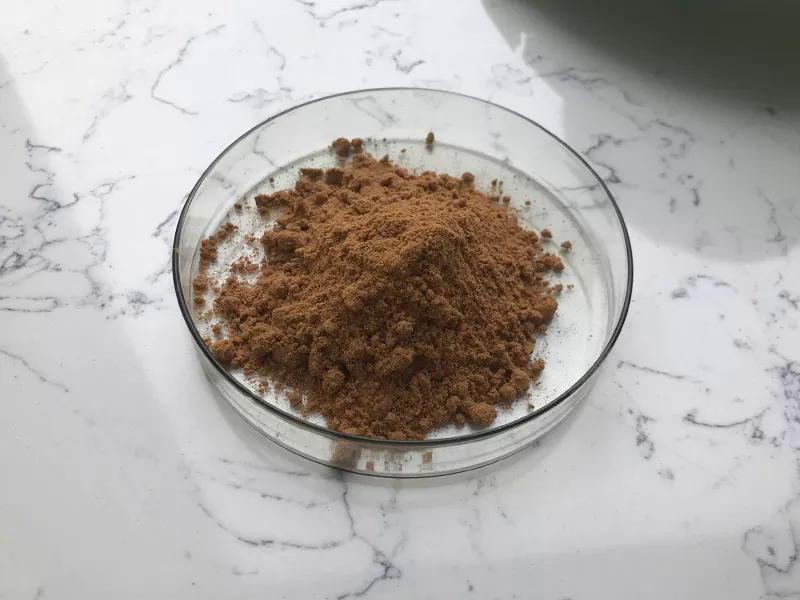 495-54-5 Solvent orange 3 99%View Details
495-54-5 Solvent orange 3 99%View Details
495-54-5 -
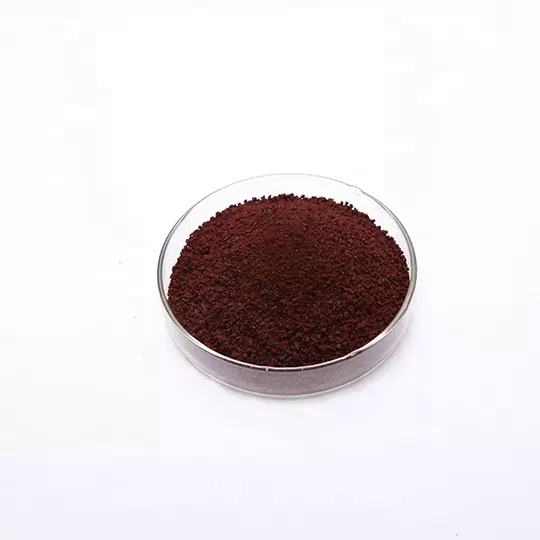 Solvent orange 3 98%View Details
Solvent orange 3 98%View Details
495-54-5 -
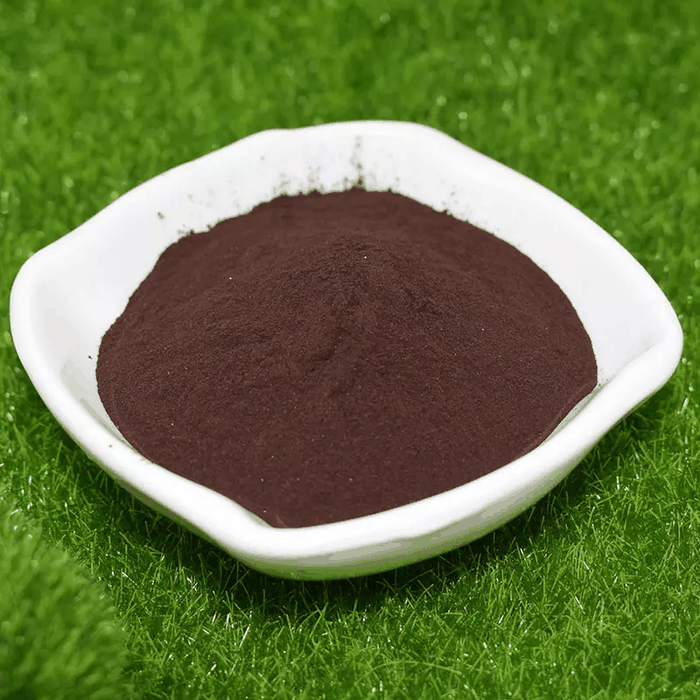 495-54-5 Solvent orange 3 98%View Details
495-54-5 Solvent orange 3 98%View Details
495-54-5 -
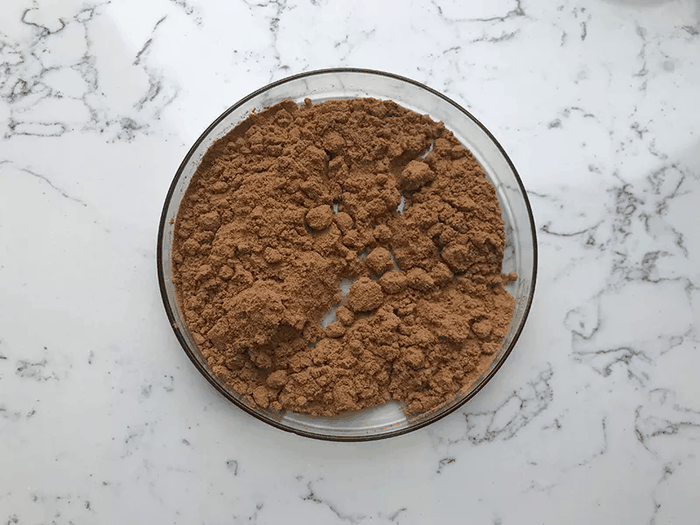 495-54-5 98%View Details
495-54-5 98%View Details
495-54-5 -
 Solvent orange 3 98%View Details
Solvent orange 3 98%View Details
495-54-5 -
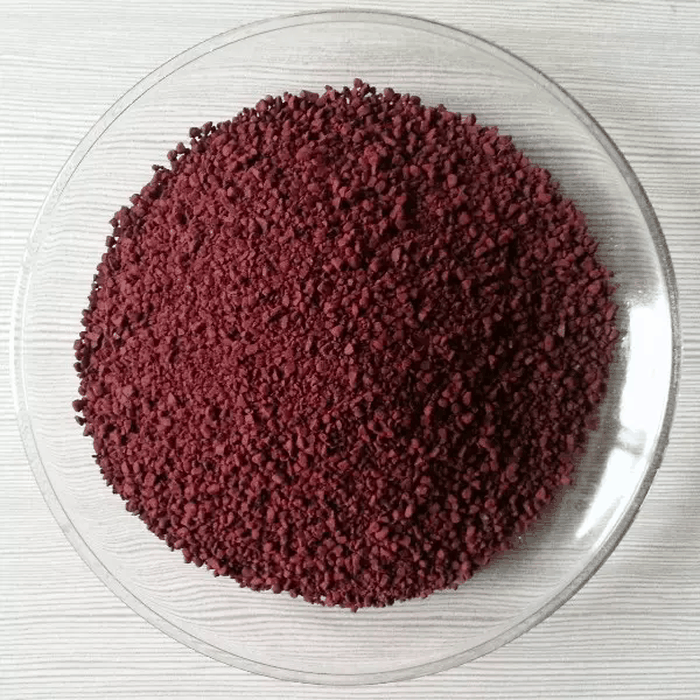 Solvent orange 3 495-54-5 98%View Details
Solvent orange 3 495-54-5 98%View Details
495-54-5 -
 4-PHENYLAZO-M-PHENYLENEDIAMINE CAS 495-54-5View Details
4-PHENYLAZO-M-PHENYLENEDIAMINE CAS 495-54-5View Details
495-54-5 -
 Solvent Orange 3View Details
Solvent Orange 3View Details
495-54-5
Statement: All products displayed on this website are only used for non medical purposes such as industrial applications or scientific research, and cannot be used for clinical diagnosis or treatment of humans or animals. They are not medicinal or edible.
